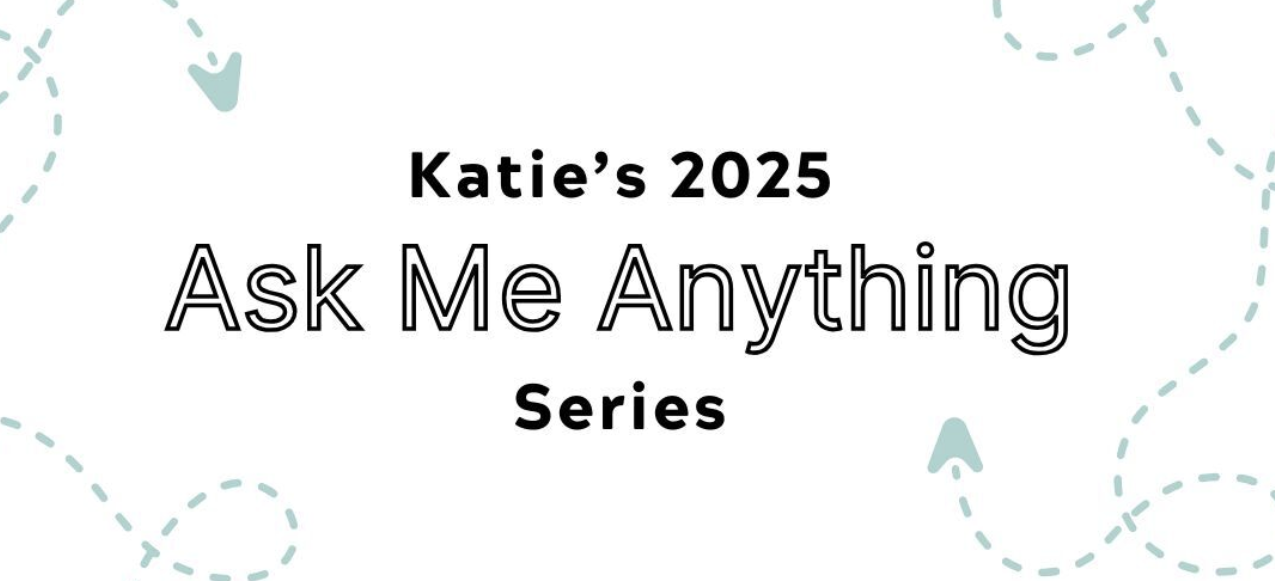Today, I’m offering something a little different. I had the pleasure of responding to some questions from Josh Kim for his Inside HigherEd blog and thought I would share my responses. You can find the original piece here.
Q1: Katie. In this Q&A I’d like to get a handle on all the various scholarly, outreach, consulting, and community of practices activities integrate into your alternative academic career. Let’s start with your role as director of the Ecampus Research Unit at Oregon State University. Can you tell us about your job?
In August 2015, I had the very exciting task of launching the Ecampus Research Unit (ECRU) at Oregon State University. As the director of this unit, I get to design and conduct original research on online teaching and learning, assist faculty with conducting this kind of research, and create tools that help the field of distance education digest current and future research to advance online student success, educational development, leadership and program administration.
Along with my team, I get to work on a lot of really amazing projects as part of my job. We studied how instructional designers engage in research on teaching and learning; explored how closed captioning helps students learn; collaborated with colleagues to write the first book on high-impact practices in online classrooms; researched student device preferences for online learning; launched a database of efficacy studies comparing online, blended/hybrid, and face-to-face modalities; and, most recently, launched a Report Reader Checklist tool to help contribute to increased research literacy in our field.
We also produce the “Research in Action” podcast (a weekly interview show with guests from all over the world talking about issues related to research in higher education), coordinate a research fellows program to fund original research within our institution, and we also just launched a research seminars program to bring together researchers from all over the U.S. to collaborate on research projects to advance the field of distance education.
So, basically, I have the coolest job ever.
Q2: Okay, let’s move on to some of your scholarship. Later this year you will have a new book coming out Going Alt-Ac: A Guide to Alternative Academic Careers with Thomas Tobin and Kevin Kelly. The Books page on your website lists several more books that you have authored, co-authored, or edited. I’m a bit in awe. Can you talk about your life as a book author? Where does that scholarship fit in with your alternative academic career?
I think it’s pretty clear that I love authoring books. I wasn’t sure that I would author any more after I turned my dissertation into a book, but after I wrote my second book on blended course design, I was hooked. I really enjoy being able to break complex processes down into manageable pieces for other people and books have been a great way to do that.
Most of my books have been authored outside of my full-time work, with the exception of two edited collections that I completed as part of my role as the research director for Oregon State Ecampus. I take creative retreats for about ten days at a time a couple times a year and large portions of my books often get drafted during those periods.
The books I’ve written have contributed a lot to the work I do visiting other campuses to speak and lead workshops, so that’s another element that has been a fun outcome of those projects.
Q3: In addition to your work at OSU and your scholarship, you are also an executive life coach, speaker, podcaster, teacher, webinar host, and writing community of practice guru. Am I missing anything? How do all these streams of practice and scholarship fit together? What was the path that brought you to your current alternative academic life?
I identify strongly as what Emilie Wapnick has termed a “multipotentialite” or someone who likes to pursue lots of different projects, often simultaneously. This also explains different shifts in my career from my disciplinary focus on women and gender studies, to my work directing a center for teaching and learning, to my current work as a full-time researcher, and to my work as a life coach/speaker/podcaster/etc.
A lot of these identities and projects have been ways for me to experiment with connecting with different audiences about topics that I find interesting or important. I also love working with faculty and administrators on other campuses to brainstorm solutions to current issues or problems in higher education.
Q4: I’m sure we will talk again when your Going Alt-Ac: A Guide to Alternative Academic Careers book comes out. Until we can read your book, what advice would you offer to someone who is considering an alt-ac career out of grad school, or thinking about making the transition mid-career?
In the past year or so, I started to develop a taxonomy of something that I call “Radical Self-Trust,” which is a way to seek self knowledge, identify your core values and tie them to your actions, leverage your strengths (I call them “superpowers”), practice self-care and care for others, playfully experiment, and figure out how to settle into your life’s purpose. These things aren’t easy, but I think they lead to more meaningful productivity and focused energy in our work.
Radical self-trust is the most important thing that alternative academics (or, really, anyone), needs to cultivate. Academia is rife with imposter syndrome, self-doubt, and anxiety about whether we are doing, or are, enough. Cultivating radical self-trust is my solution to those issues, and it’s become the concept that I explore the most through my recent writing, coaching, and podcasting.
To think on:
- What questions would you like to be asked if you participated in a Q&A?
- What other questions do you have for me?



